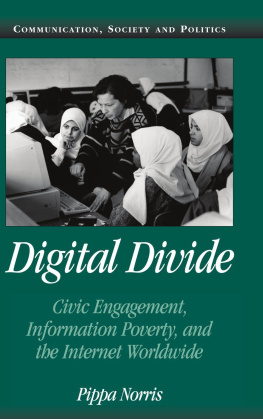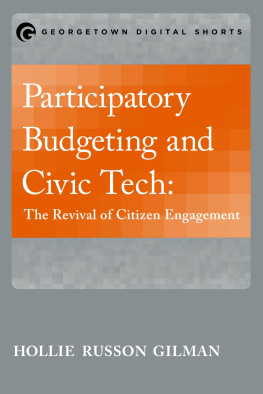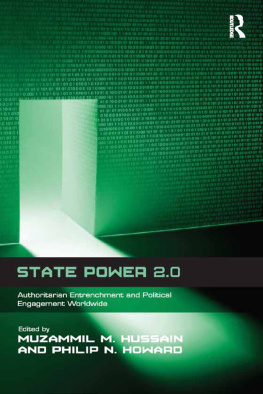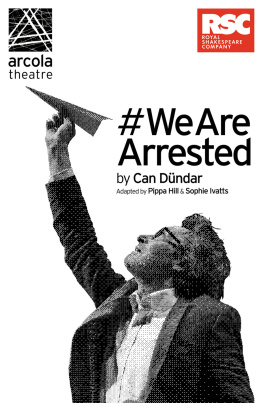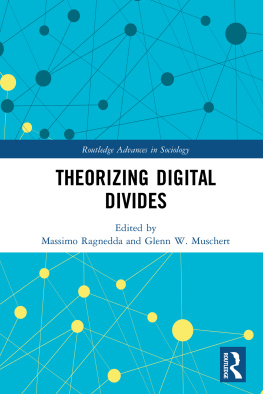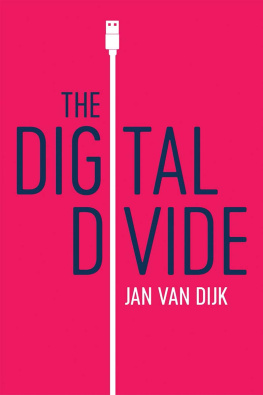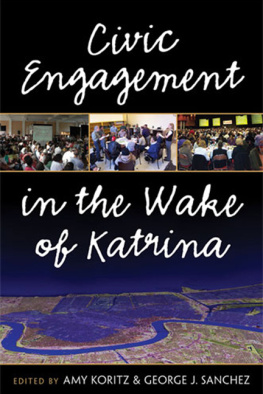Digital Divide
There is widespread concern that the explosive growth of the Internet is exacerbating existing inequalities between the information rich and poor. Digital Divide sets out to examine the evidence for access and use of the Internet in 179 nations across the world. A global divide is evident between industrialized and developing societies. A social divide is apparent between rich and poor within each nation. And within the online community, evidence for a democratic divide is emerging between those who do and those who do not use Internet resources to engage, mobilize, and participate in public life.
Part I of the book outlines the theoretical debate between cyberoptimists who see the Internet as the great leveler and cyber-pessimists who envisage greater inequality emerging. Part II examines the virtual political system and the way that representative institutions around the globe have responded to the new opportunities available on the Internet. Part III analyzes how the public has reacted to these developments in Europe and the United States and develops the civic engagement model to explain patterns of participation via the Internet.
Pippa Norris is Associate Director (Research) of the Joan Shorenstein Center on the Press, Politics and Public Policy at Harvard University, and she lectures at the John F. Kennedy School of Government. A political scientist, she focuses on comparing political communications, elections, and gender politics. She has published two dozen books including A Virtuous Circle: Political Communications in Post-Industrial Societies, a companion volume also published by Cambridge University Press. The author of more than 100 articles and chapters on comparative political behavior, she also co-edits The Harvard International Journal of Press-Politics.
<
Digital Divide: Civic Engagement, Information Poverty, and the Internet Worldwide by Pippa Norris
COMMUNICATION, SOCIETY AND POLITICS
Editors
W. Lance Bennett, University of Washington
Robert M. Entman, North Carolina State University
Editorial Advisory Board
Larry M. Bartels, Wilson School of Public and International Affairs, Princeton University
Jay G. Blumer, Emeritus, University of Leeds and University of Maryland
Daniel Dayan, Centre National de la Recherche Scientifique, Paris, and Department of Media & Communications, University of Oslo
Doris A. Graber, Department of Political Science, University of Illinois at Chicago
Paolo Mancini, Istituto di Studi Sociali, Facolta di Scienze Politiche, University di Perugia and Scuola di Giornalismo Radiotelevisivo, Perugia
Pippa Norris, Shorenstein Center on the Press, Politics, and Public Policy, Kennedy School of Government, Harvard University
Barbara Pfetsch, Wissenschaftszentrum Berlin fur Socialforschung
Philip Schlesinger, Film and Media Studies, University of Stirling
David L. Swanson, Department of Speech Communication, University of Illinois at Urbana-Champaign
Gadi Wolfsfeld, Department of Political Science and Department of Communication and Journalism, The Hebrew University of Jerusalem
John Zaller, University of California, Los Angeles
Politics and relations among individuals in societies across the world are being transformed by new technologies for targeting individuals and sophisticated methods for shaping personalized messages. The new technologies challenge boundaries of many kinds - between news, information, entertainment, and advertising; between media, with the arrival of the World Wide Web; and even between nations. Communication, Society and Politics probes the political and social impacts of these new communication systems in national, comparative, and global perspectives.
Digital Divide
CIVIC ENGAGEMENT, INFORMATION POVERTY, AND
THE INTERNET WORLDWIDE
Pippa Norris
Harvard University

